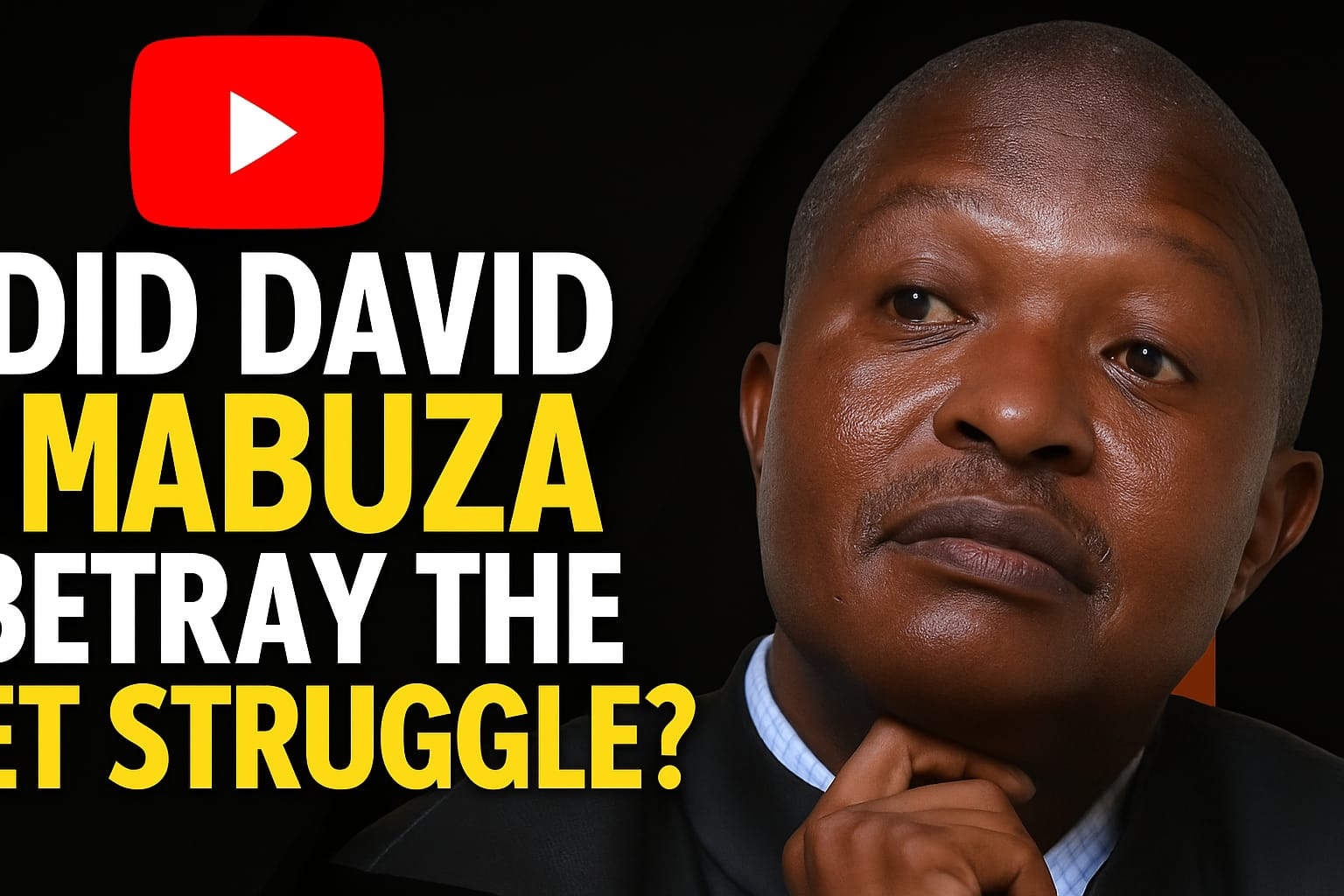ARE TRADE UNIONS STILL RELEVANT?.
ARE TRADE UNIONS STILL RELEVANT?
Like many countries across the globe South Africa is celebrating the International Workers Day, this day is popularly known as MAYDAY. It is a day which has been set aside as a Public Holiday aimed at celebrating workers and their contribution in building the global economy. It is also a day where workers take stock of the progress made in their pursuit of their struggle in advancing and defending their interests, but not just the interests of those employed but the interests of the entire working class. South Africa is no different in this sense, although the South African situation has its unique features such as the dominant workers federation(Congress of South African Trade Unions) Cosatu being in bed(alliance) with the governing African National Congress(ANC). This is a unique situation because the ANC by virtue of being the governing party is an employer, the biggest employer. Therein emerges one of the contradictions which led to the weakening of the once mighty Cosatu.
Now let us examine the South African situation closer, in so doing we will need to go a little back to the pre-1994 moment. Workers in South Africa, especially Black workers have always been organized into different trade unions and federations dating back to the 1920s, although this they did "illegally " as the Colonial-Apartheid regime did not recognize the right of Black workers to organize themselves (Freedom of Association). Nonetheless , Black workers were defiant enough to ignore the Colonial-Apartheid laws which prohibited them from joining or forming trade unions. Of course such laws were consistent with the Colonial-Apartheid regime conviction that Black people were subhuman ,therefore could not be accorded similar rights with humans(whites). Fast forward to 1985 the formation of Cosatu which was as a result of years of engagements and consultations amongst the different trade unions which existed at the time, they agreed to form Cosatu. In the process of forming Cosatu many different unions merged into single unions per sector of the economy.
At the time of the formation of Cosatu the main political parties and activists were banned, with some in prison whilst others were in exile. It was at the time of turmoil as communities had made Apartheid ungovernable , this prompted the Apartheid government to respond by imposing a state of an emergency . The state of emergency meant that the Apartheid government could arrest and detain Black people for long periods without any hearing in the courts. In the process of this state of an emergency scores of Black people were killed whilst some disappeared and never to be found. With the main Black political parties banished , Cosatu became the vehicle through which Black people could organize themselves and vent out their hatred for the Apartheid regime. That laid the foundation for Cosatu to be an ally of the African National Congress, this move made sense at the time because both the ANC and Cosatu were two formations that were dominated by Black people and had a common enemy which was apartheid. Unfortunately it is this Alliance which was later to be a source of the weakening of the once mighty Cosatu.
With the ANC winning the 1994 elections and becoming a governing party, therein came a contradiction of Cosatu now being in alliance with the governing party which is effectively an employer. This led to the 2014 expulsion of the then biggest Cosatu affiliate the National Union of Metalworkers of South Africa(Numsa) whose only sin was to call for Cosatu to break ranks with the ANC led alliance. This severely weakened Cosatu which is now dominated by the public sector workers, meaning it has lost the influence of the industrial proletariat . Numsa , Fawu and other unions went on to establish the South African Federation of Trade Unions(SAFTU) in 2017, this moment promised so much but has delivered little as SAFTU has been riddled with factionalism which has paralyzed it . The factionalism and infighting have paralyzed SAFTU to such an extant that since 2017 it has not managed to establish constitutional and functional Provincial structures.
Of all the South African workforce only about 27% belong to Unions, leaving a whopping 73% of the workers unorganized. Could this be a sign that the South African workers are finding trade unions irrelevant?. Trade Unions as part of our society have not escaped the scourge of corruption, elitism. Could this be one of the reasons workers are leaving and rejecting trade unions?.
This takes us back to the question, ARE TRADE UNIONS STILL RELEVANT?
By
Teboho Sekhosana
Political and Social Activist
sekhosanateboho9@gmail.com
0844361494
0630394468




Comments
Post a Comment